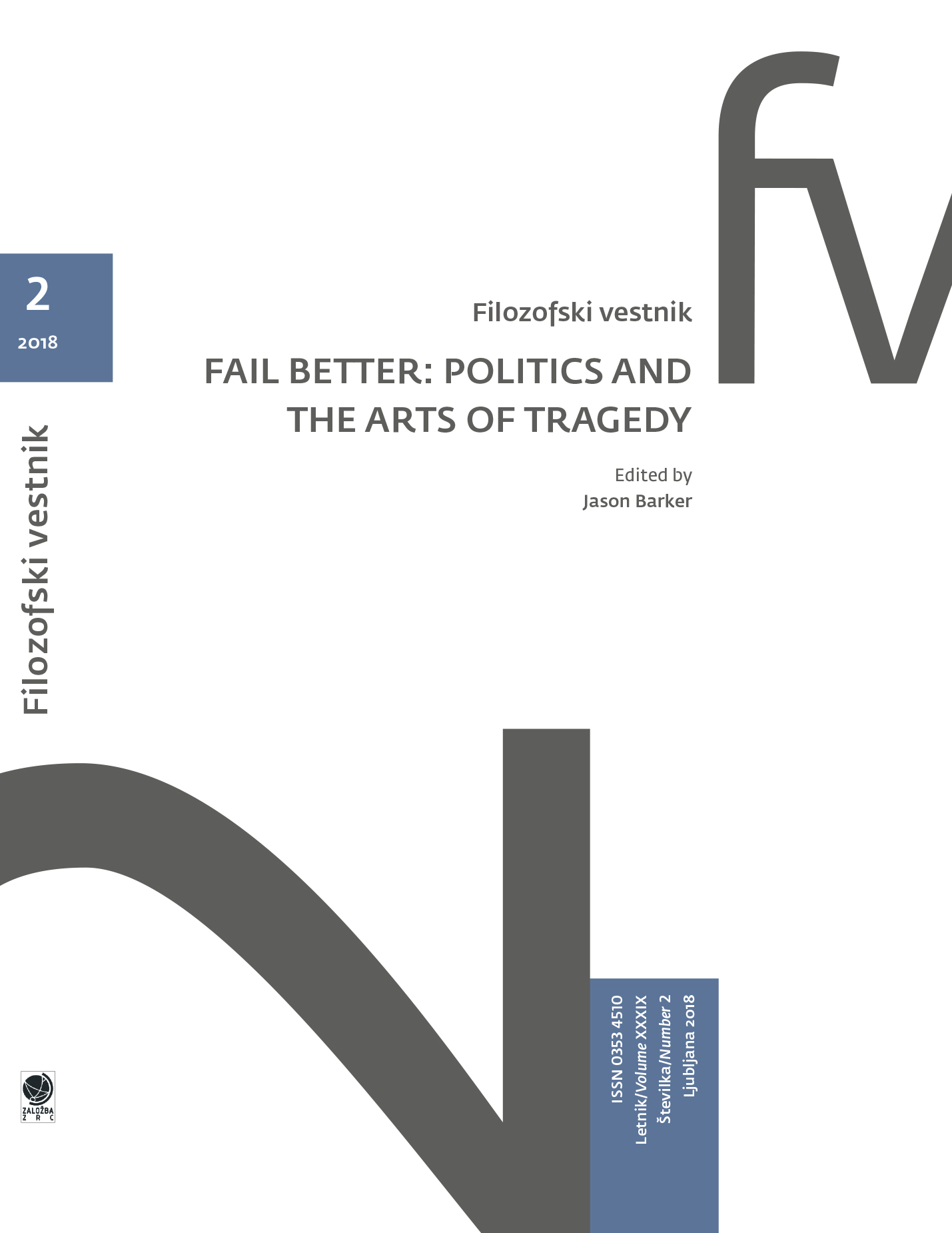First as Farce, Then as Tragedy: Louis Rossel and the Civil War in France
Keywords:
Apollo, Beckett, Commune, democracy, Dionysus, drama, Marx, Nietzsche, revolution, socialismAbstract
Despite being a leading actor in the Civil War in France, Louis Rossel is remembered far less and is far less respected than the leading lights of the Commune. Here I analyse his participation in the event and in the preceding National Defence campaign by drawing on the biography of Edith Thomas as well as on Rossel’s own posthumous writings. The dominant assumption that Rossel was motivated by ambition, whose consequences were both detrimental to the Commune’s fortunes and antithetical to its revolutionary egalitarian principles, would seem simplistic on the available evidence. Moreover, such an assumption can be countered by interpreting the Commune and the Civil War in France as drama, and especially by drawing on the work of Jean-Pierre Vernant and Pierre Vidal-Naquet on Greek tragedy.
Downloads
Downloads
Published
How to Cite
Issue
Section
License
Authors guarantee that the work is their own original creation and does not infringe any statutory or common-law copyright or any proprietary right of any third party. In case of claims by third parties, authors commit their self to defend the interests of the publisher, and shall cover any potential costs.
More in: Submission chapter





